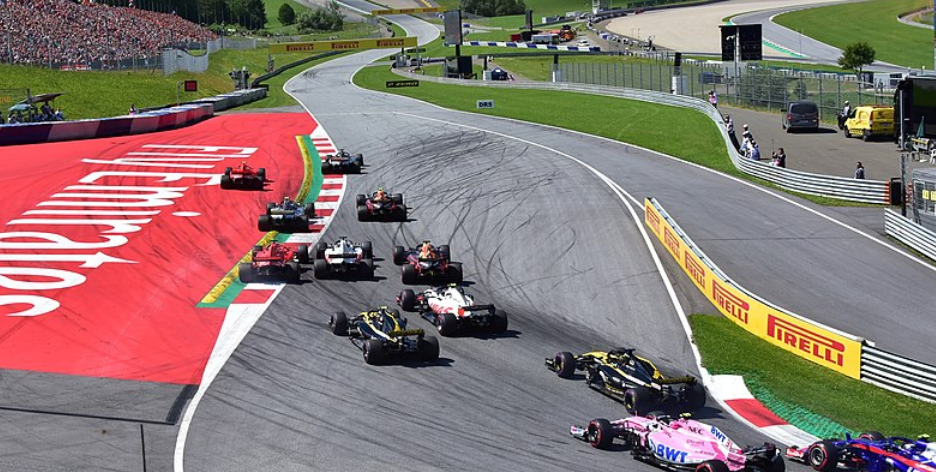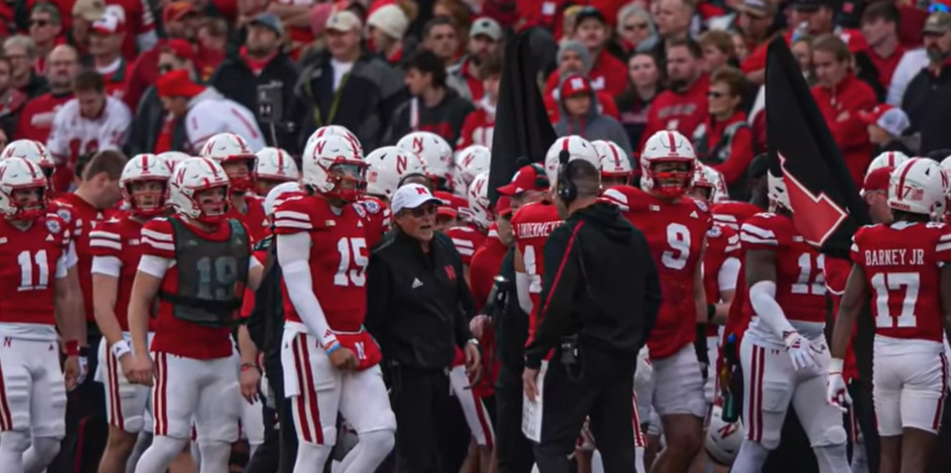Angola participated for the first time at the World Cup finals which were held in June this year but failed to advance beyond the first round. The national side, the Palancas Negros (Black Antelopes) put up a good showing together with four other African countries which made it to the Germany 2006 world cup finals.
(Pedro Mantorras, right, is one of Angola’s best strikers).
Southern Africa remains the region of choice after Angola won a contest this week to host the 2010 African Cup of Nations continental football showcase and South Africa the ticket to host the 2010 world cup finals. This means that this sub-region will be in the limelight in 2010, first for the continental football competition and second for the world cup soccer glamour scoring a first in Africa.
The Confederation of African Football (Caf) executive committee voted unanimously in favor of Angola, in a draw that saw the losing countries Equatorial Guinea and Gabon being chosen to host the 2012 edition of the biennial showpiece of African football and Libya in 2014.
This is the first time that the Cairo-based continental football body had selected the hosts of the coming editions of the continental football competition. “We have taken the decision to name three Nations Cup hosts at the same time to ensure that our hosts have adequate time to prepare for the competitions,” Caf general secretary Mustapha Fahmy told the media.
“Caf also wanted to develop the game in countries that have not had a chance to host the tournament. It was also important for our sponsors as they now have a clear idea what Caf is doing with its competition over the next few years,” he said.
Angola is the second country to win the right to host the finals after South Africa which hosted the event in 1996 and has promised to inject US$140 million in the construction of four stadiums. Angola is rich in oil and diamonds and will have to work round the clock to renovate the dilapidated national Citadela Stadium which was increasingly becoming risk for people. Angolan officials pledged to revamp the Luanda stadium and construct new ones in the Benguela, Cabinda and Huila provinces. The country also pledged to upgrade and build new hotels, communication and health facilities which were destroyed during the more than two-and-half decade civil war that claimed the lives of more than two million people and displaced thousands more.
The civil war started in 1975 with the MPLA government fighting the apartheid South Africa backed Unita rebels led by the late Jonas Savimbi. The war is now water under the bridge and investments in the oil and mining sectors have increased dramatically with China leading the pack in the importation of oil as well as in the construction of roads, clinics and other infrastructure in Angola.
Angola participated for the first time at the World Cup finals which were held in June this year but failed to advance beyond the first round. The national side, the Palancas Negros (Black Antelopes) put up a good showing together with four other African countries which made it to the Germany 2006 world cup finals.
Many say it is encouraging that Angola has now exchanged the guns for the beautiful game of football, a good sign for the future of the continent. And, for the Southern African Development Community, it’s two in one. Two countries Angola and South Africa bringing all the drama of this one big beautiful game of soccer to a region that is now enjoying peace and stability after years of turmoil.
Tsiko is The Black Star News’ Southern Africa correspondent based in Harare, Zimbabwe.
To subscribe to New York’s favorite Pan-African weekly investigative newspaper please click on “subscribe� on the homepage or call (212) 481-7745. For advertisements or to send us a news tip contact [email protected] “Speaking Truth To Empower,� is our motto.







